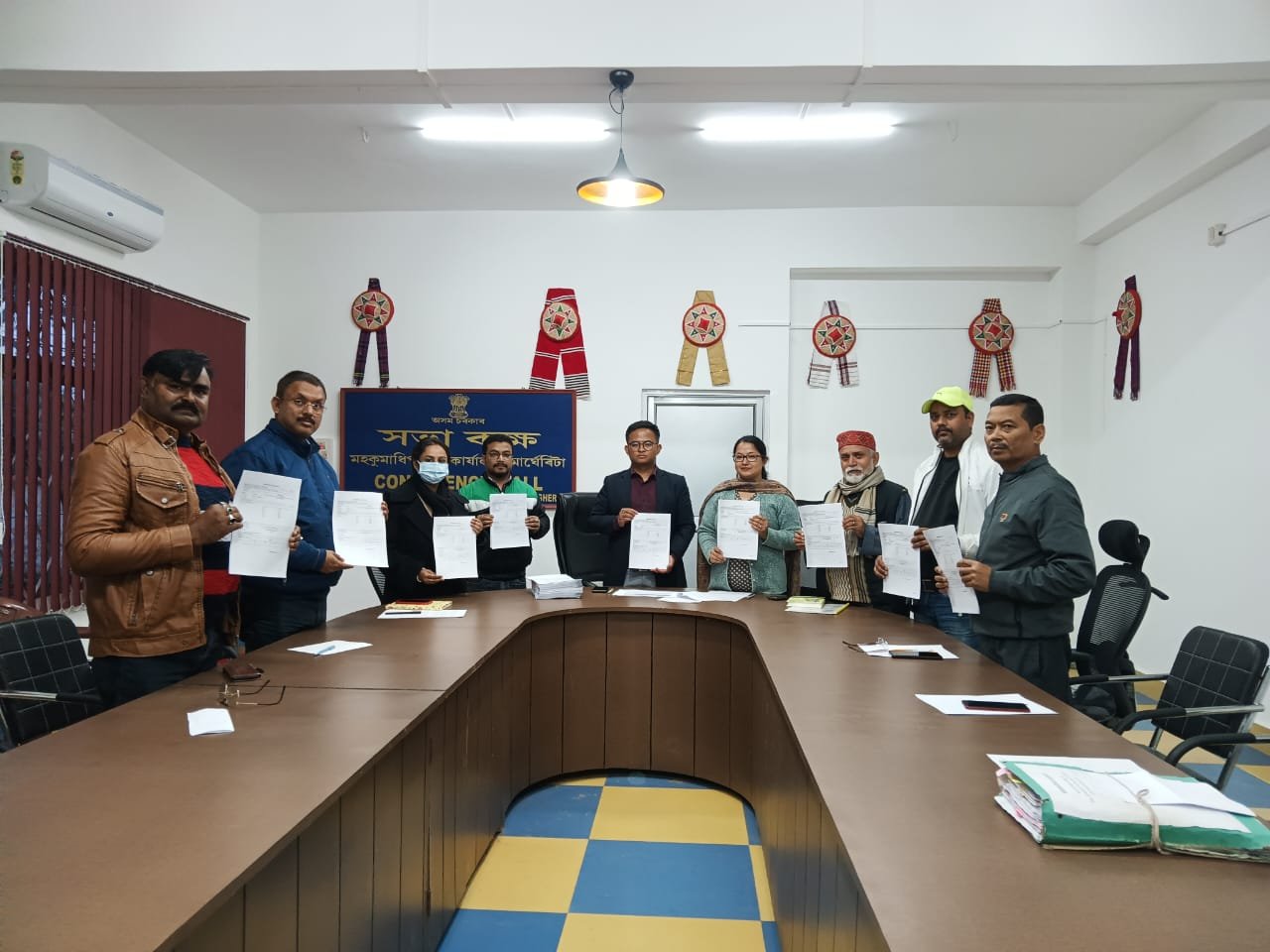HT Digital
Thursday, October 3: The Assam government has introduced a significant policy change concerning female state government employees, establishing new guidelines for Child Adoption Leave (CAL). These new rules, officially titled the Assam State Government Commencement Employees’ Child Adoption Leave (CAL) Rules, 2024, aim to support women employees who choose to adopt children by providing them with a structured leave policy.Under these new rules, female government employees who adopt a child will now be entitled to a maximum of 180 days of paid leave, immediately after accepting a child into pre-adoption foster care or following the formal adoption of a child under one year old. The eligibility for this leave is strictly defined: only female employees with fewer than two surviving children—biological or adopted—can avail of this benefit. This restriction is to ensure that the leave is extended to those who are adopting children under certain family conditions, providing necessary time for bonding and adjustment with the adopted child.The definition of a “female government employee” under this policy encompasses married, unmarried, widowed, or divorced female employees. This broad inclusion aims to cater to women from diverse personal backgrounds, recognizing that adoption is a valuable path to parenthood for many, regardless of their marital status.The process to avail CAL is outlined clearly in the new rules. Female employees must present documents either related to pre-adoption foster care or valid adoption as proof, once the legal formalities have been completed. The adoption must be recognized by the Central Adoption Resource Authority (CARA) or another similarly authorized agency for the leave to be granted. This ensures that all adoptions adhere to the legal framework governing child adoption in India.An important aspect of these rules is the provision that CAL will not be granted to employees who already have two surviving children, whether biological or adopted. The leave must be taken in one continuous period, as splitting it into multiple spells is not permitted. Additionally, during the period of CAL, the female employee will continue to receive the salary she was drawing immediately prior to taking leave, ensuring financial security during this critical phase of her life. The leave will not be deducted from the employee’s leave account, distinguishing it from other types of leave like earned or casual leave.A notable provision within this policy is that if a female employee requires more time after her CAL period ends, she may apply for additional leave, which could include leave that is due, leave without medical certification (up to 60 days), or other types of permissible leave. This extended leave, however, must be reduced by the age of the adopted child on the date of adoption. For example, if the adopted child is six months old, the employee can take up to six more months of leave under this rule. This gives employees some flexibility in managing their time with their newly adopted children, though CAL cannot be availed again in another spell.Moreover, the rules specifically prohibit the granting of CAL to employees who are still within their probationary period, indicating that no adoption leave is available to probationary employees. This restriction emphasizes that CAL is meant for permanent employees who have already completed their probation, ensuring that the system remains fair and balanced within the larger employment structure.Interestingly, while CAL functions similarly to earned leave, it includes additional considerations, such as the inclusion of government holidays that fall during the leave period. These holidays are counted towards the 180 days of CAL, much like earned leave, ensuring that the time off reflects a fair balance.Finally, the new rules provide a precise definition of adoption, reinforcing the legal framework around it. Adoption, under these rules, is defined as the process by which a child is permanently separated from their biological parents and becomes the lawful child of the adoptive parents. The adopted child enjoys all rights, privileges, and responsibilities as if they were the biological child of the adoptive parents. This is aligned with the Juvenile Justice (Care and Protection of Children) Act, 2015, which governs adoptions across India.These newly notified CAL rules reflect a progressive approach by the Assam government, recognizing the importance of supporting female employees in their journey to parenthood through adoption. By offering 180 days of paid leave, the policy provides women the necessary time to foster a deep and nurturing bond with their adopted children. At the same time, the rules ensure that the system is not overburdened by placing reasonable restrictions, such as the limit of two surviving children and the stipulation that CAL can only be taken in one continuous period. Through this initiative, the Assam government aims to create a supportive environment for its employees, acknowledging the unique challenges of adoption and offering them the time and resources to adjust to their new roles as parents.







